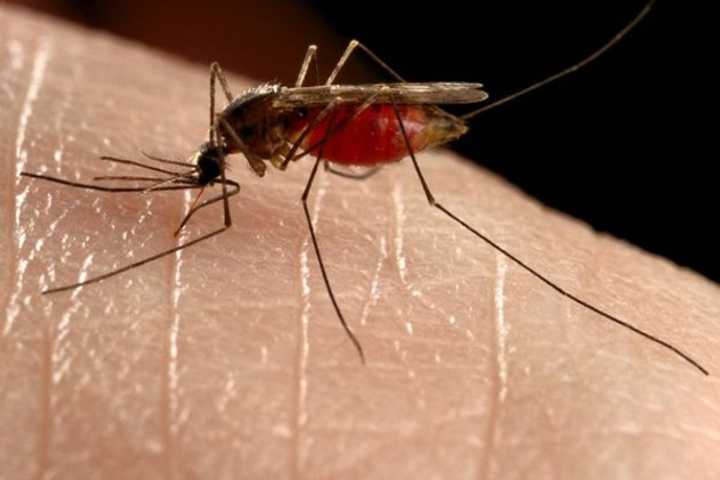“Here in Connecticut, we’ve actively been taking steps to prepare for Zika, including a coordinated, cross-functional response across agencies,” Malloy said. “That being said, it is still very critical that Congress approve a federal Zika aid package as quickly as possible.”
A portion of this ELC funding will be used by DPH and the Connecticut Agricultural Experiment Station to continue implementation of the laboratory testing and enhanced mosquito surveillance portions of the State Zika Virus Surveillance and Response Plan, which was designed based in part on past experiences addressing West Nile Virus in the state.
Malloy noted that the grant received today was reallocated by the CDC from other, previously existing health accounts.
“This welcome federal aid is only a fraction of the necessary action to stop a looming epidemic,” the members of Connecticut’s Congressional delegation said in a joint statement. “Congress should do its job and fully fund robust emergency aid without restrictions on women’s health care.”
“This federal funding will greatly enhance our current Zika testing program at the State Laboratory, mosquito surveillance being conducted by the Connecticut Agricultural Experiment Station, and will allow us to establish a monitoring program through DPH’s Birth Registry that will track infants born with Zika-related birth defects,” DPH Commissioner Dr. Raul Pino said.
As of July 27, DPH’s State Laboratory had tested 491 Connecticut patients for Zika virus, including 379 pregnant women. To date, 45 patients, including three pregnant women, have tested positive for Zika virus. All of these patients contracted the virus as a result of traveling to Zika affected areas in the Caribbean, and Central and South America. Connecticut has not seen any local transmission of the disease, and DPH officials do not anticipate seeing local transmission via mosquitoes in the state this year.
Click here to follow Daily Voice Bridgeport and receive free news updates.
